How do I backup my data securely, yet have access to it whenever I want, without the security and failure issues that can happen with Cloud-based Services?
I was having a discussion with a friend the other day about the best approach on storing, backing up, and protecting semi-sensitive content (such as designs & other IP). I’ve been asked this same question a number of times, and figured an article that discusses what I’ve found for me to be “best practice” for affordable, yet highly reliable data storage and backup might be interesting to others as well.
First, let’s quick compare between the 2 most popular methods of data backup: Cloud vs local disk (attached of LAN) backups.
Cloud Backups

Advantages:
– Easy access anywhere
– Can be automated, “Set and forget”
– Low cost or even free (e.g. Google Drive)
Disadvantages:
– Possibly insecure
– Subject to failure (especially on free services), OR
– Recurring costs for services (Carbonite, etc.)
– Not suitable for large file sizes; takes awfully long to download TBs of data
Disc / Drive based

Advantages:
– Secure
– Great for large sized files / where speed counts
Disadvantages:
– Must lug around media
– Media can be lost
– Inherent costs to start / upkeep per replication
– Generally not automated – needs additional custom software / configuration
The object here is to pull the convenience and benefits of Cloud storage, and combine that with the security, expandability, and fast upload/backup speeds of local storage. I’ve used the following design with great results – here’s my general formula:

“Best of Both Worlds” Design
1 – Order / Build your own RAID-protected FTP server
2 – Connect via uplink anytime via Dyndns.org services
3 – Keep it running at home/facility
4 – For additional security, back up said FTP server across LAN into another part of your home/facility
Server Software
On the server box’s software, I really recommend running it on a server OS platform. For simplicity, I recommend Windows Home Server 2011. While it’s been discontinued, licenses / discs can still be found on sites like eBay. Windows 7/8 can also be used – but a server OS is best for stability reasons.
Server Hardware
While the temptation to build as low cost of a server as possible is always there – DON’T. Spend the extra bucks and make sure it has field-expandable storage – you’ll thank yourself later. We can also just start off with plenty of storage from the get go – but remember that storage drive prices drop over time, and by the time you need more storage, pricing has likely come down. Remember: Drive space is cheap, and if time is valuable to you – expanding later on is just a lot of hassle.
For storage size, I recommend going for at least 4-6+TB at minimum, which should be suitable for most families at the time of writing. (Of course, more is needed if videos / movies are also digitized & stored, as they tend to eat up space quickly due to their massive file sizes.)
Automate the backup
Next, to automate the backup process from your PC, MAC, etc. – via software like Syncovery can be configured to do incremental updates via LAN and FTP synchronization. Try it out here https://www.syncovery.com/
There are definitely others, but I’ve used Syncovery for YEARS and I’ve found it to be great. Give it a whirl!
Making it Cloud-enabled
If you go outside of your LAN quite a bit, you’ll probably want FTP synchronization. Be sure to set up a service like dyndns.org to keep your server box online and addressable directly even with a dynamic / DHCP address on your router – as your home/facility IP address is likely to change over time.
Then, configure and set your automated backup software above to target the FTP server running on your box – and your Cloud-enabled portion is ready to go!
Extra protection : Against Fire, Flood, and other Acts of God
For even more security – back up this new FTP server via LAN into another more basic LAN box – ideally elsewhere in the home / facility. In the unlikely event of something like a fire, it’s not likely for it to hit (2) spots at once – allowing you to protect your data!
Properly built (or purchased from a custom shop), such a server would provide the following:
Advantages:
– Easy access anywhere
– Can be automated, “Set and forget”
– Never a need to lug around your media (no discs)
– RAID protected storage has built-in backups
– Can be additionally backed-up elsewhere in the same facility/home for more redundancy
– Secure – no one else has access to the files (Use SFTP for more security)
– No limit on file sizes, since you determine your storage space capabilities
Disadvantages:
– Cost of the initial server build
– Much more complex than either Cloud-based or disc/drive-based backups
– Recurring electric costs of running a server
============
Hope this helps!
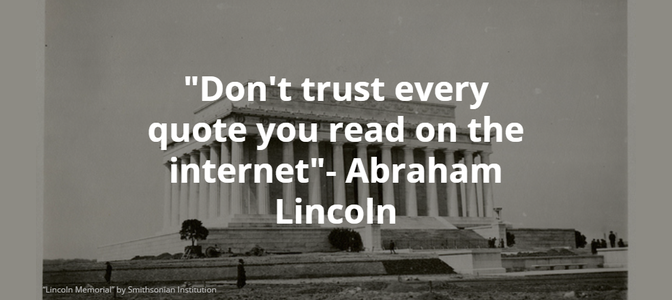
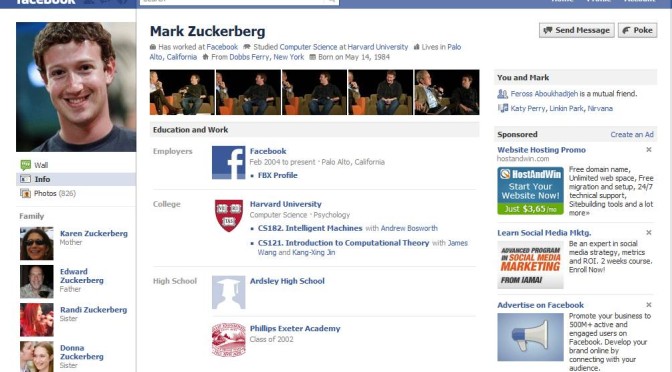

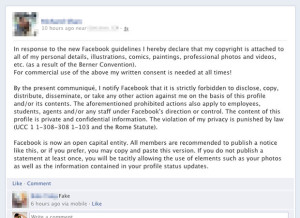


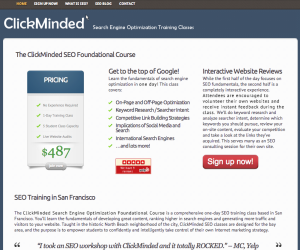

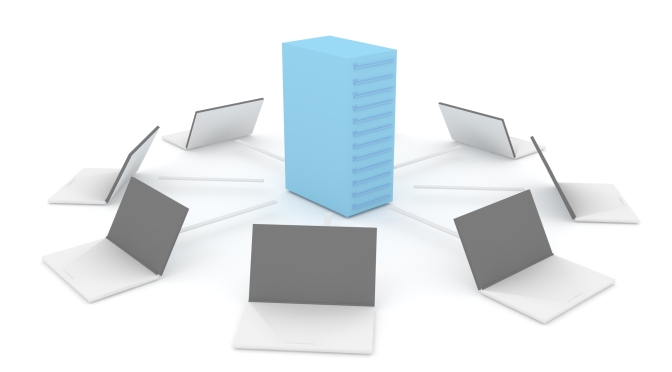



![[Personal Development] Recommended Reading List](http://www.stevenwcheung.com/wp-content/uploads/2014/10/reading_recommendations-672x372.jpg)